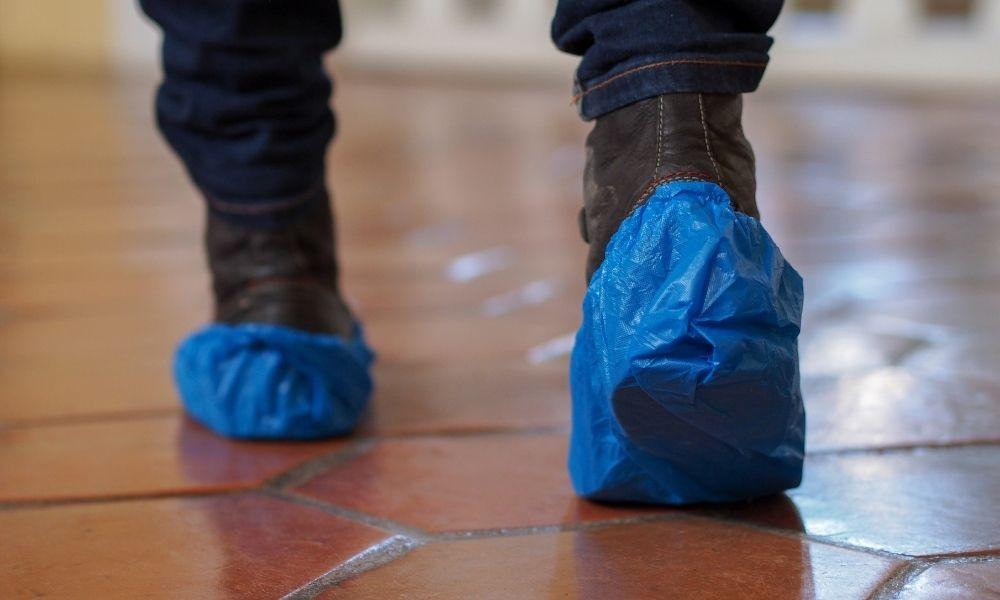Uncategorized
How To Make Your Shoes Slip Resistant
The risk of slipping can come up in multiple different working environments and can always present the danger of serious bodily harm. Knowing ways to prevent harm from coming to yourself in these situations is one of the most important job skills in your arsenal. Learn how to make your shoes slip-resistant and keep productivity up and injuries down with this guide.
Scuff Your Shoes
Using sandpaper (or any other abrasive surface that’s sufficiently coarse enough), you can scuff up the soles of your shoes. This will give them a textured surface that can more easily grip the ground. Apply the sandpaper to any smooth surface on your shoe, making sure only to wear down the parts that make contact with the ground.
50-grit sandpaper is recommended for this solution, but you can accomplish similar results with finer sandpaper if 50-grit is not immediately available.
Shoe Covers
Largely dependent on what kind of materials the covers are made out of, shoe covers can protect your shoes from a variety of risk factors and help you maintain your grip. Shoe covers, for instance, offer a waterproof material that keeps shoes dry while wading through wet areas. On top of keeping your shoes from becoming waterlogged, they will help you keep your grip in slippery situations.
Shoe covers are easy to slip on and off and are ideal for indoor conditions. The rough surface of the outdoors may be too much for the covers and can cause them to rip if they are made of weaker material.
Ice Grips
Ice grips are ideal for winter conditions with snow and ice, yet are also a viable option when dealing with mud or liquids. Ice grips are designed to attach to your shoes and give you an extra grip on the ground to keep from slipping.
Through the use of its metal teeth, it can grip into the ground to give you a steadier foothold in otherwise treacherous conditions. They are best used for outdoor conditions but can be used indoors when the need arises.
Through various ways, you can make your shoes slip-resistant and keep yourself safe while on the job. Sometimes, the tools that make your shoes safe can be lying around, such as sandpaper, or they can be easily purchased.

